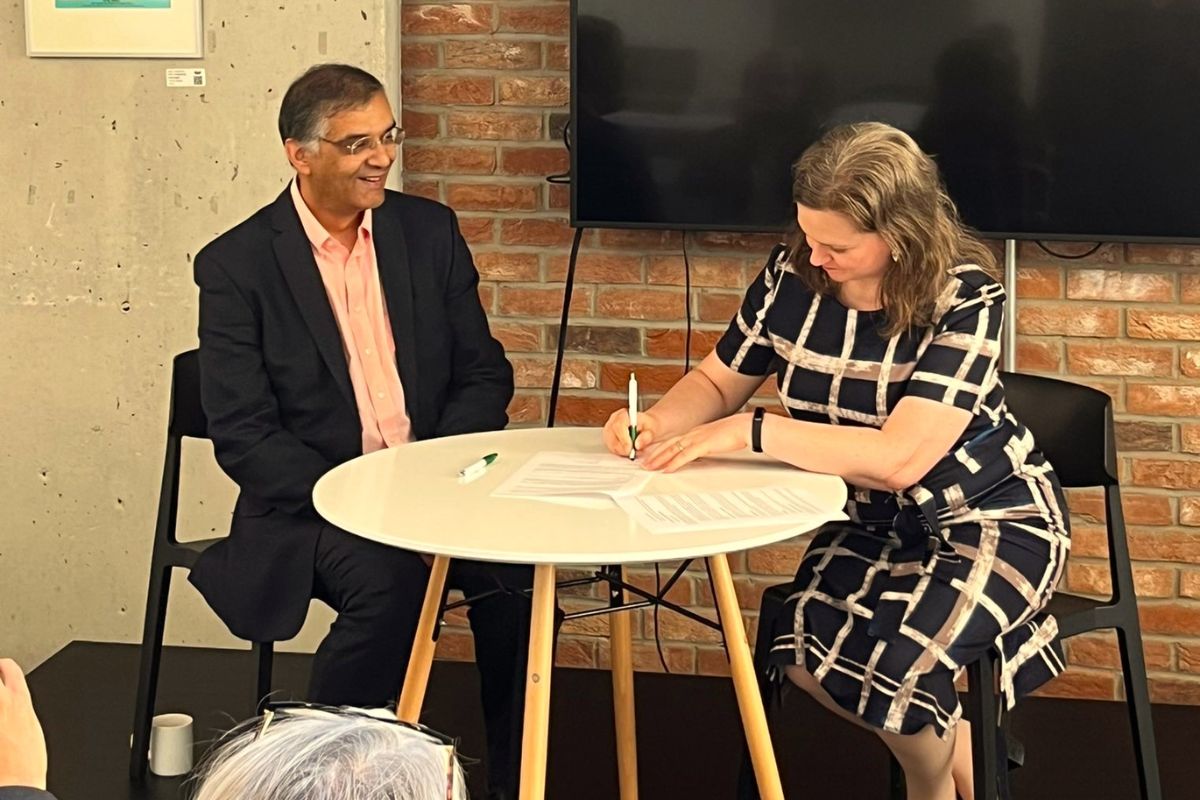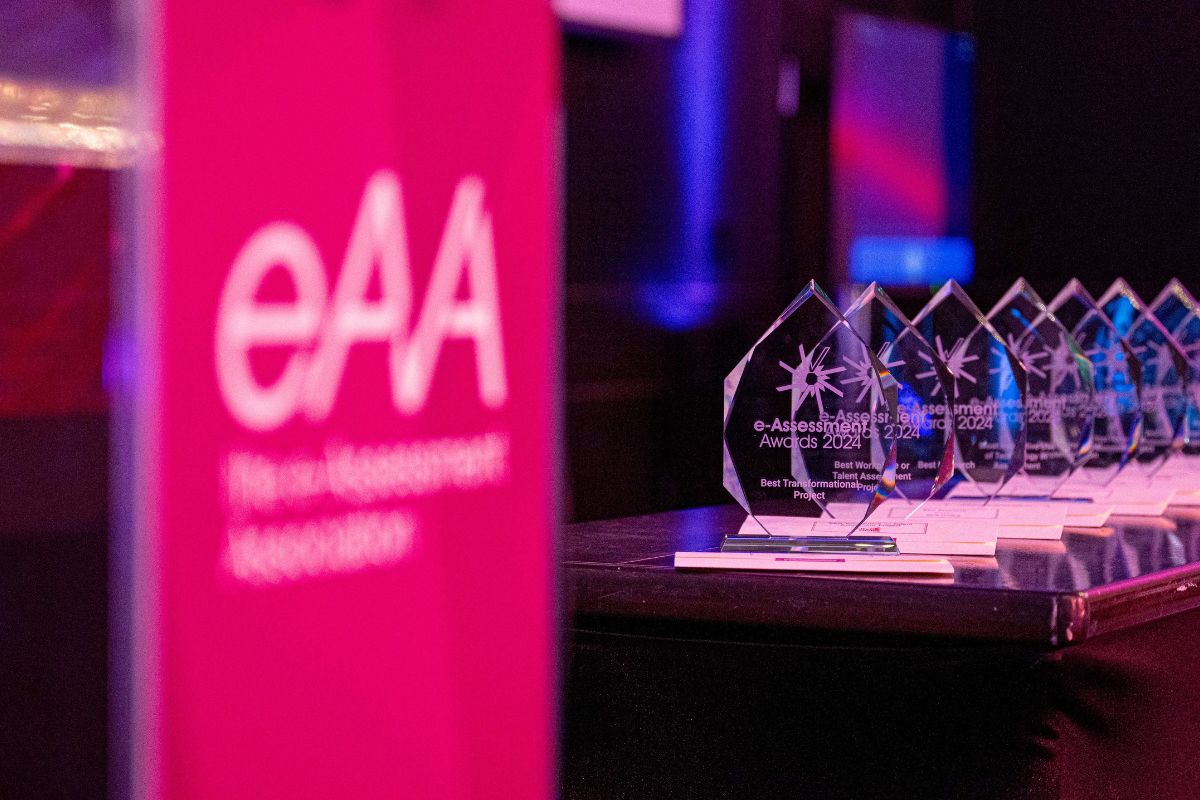Digital Poverty Alliance pledge closer ties with BCS

The professional body for information technology has pledged closer ties with the Digital Poverty Alliance (DPA).
BCS, The Chartered Institute for IT, and the DPA have signed a Memorandum of Understanding with the joint aim of ending digital poverty in the UK by 2030.
BCS President Gillian Arnold said:
“Technology professionals know it’s vital for everyone to have access to the digital skills they need to function fully in our society.
“Most aspects of our lives, from jobs to accessing benefits to shopping, are now conducted online. Those who can’t upskill in technology risk becoming excluded from society.
“The DPA and BCS share the same vision to end digital poverty, and it’s great that we will be working closer together on this issue.”
Interim CEO of the DPA Elizabeth Anderson said:
“We are excited to partner with BCS, two charities working together in order to combine our expertise and enhance each other’s calls on government, industry and community efforts to advance digital inclusion.
“We share a common goal of ending digital poverty by 2030 and this partnership will support the actions outlined in our recently launched National Delivery Plan.
“Around 11 million people in the UK are still digitally excluded and this affects their ability to gain a good quality education, to succeed in the work place and to access necessary services, such as online banking.
“We live in an increasingly digital world so digital access has never been more important and we hope that our work with the BCS will help those who need it most, while drawing attention to this vital issue. We urge businesses, government and public organisations to come together and support the work we are doing, helping to end digital poverty for good.”
The ending of digital poverty is central to the BCS’ remit, and the professional body delivers a wide range of activities around education and public benefit. This includes digital apprenticeship’s end-point assessments, supporting school teachers through the Computing at School and Barefoot Computing programmes, and bringing together companies, educators and not-for-profit organisations through its Digital Skills Network to discuss how to bridge the skills gap.
There’s also a Digital Divide specialist group for BCS member which campaigns for everyone to have access to skills, technology and infrastructure.
The DPA recently announced its strategy to end digital poverty in the United Kingdom by 2030. Key actions include calling on the UK Government to create a new digital inclusion strategy for public, private and third sectors to help raise awareness about digital poverty and for urgent action to boost essential digital skills across society.
Digital Poverty affects millions across the UK, with around 1.7 million households (6 per cent) without home internet access and approximately 10 million adults (20 per cent) lacking foundational essential digital skills and the DPA’s schemes, such as Tech4Families and Tech4Teachers, helps to support the millions of individuals that are digitally excluded.











Responses